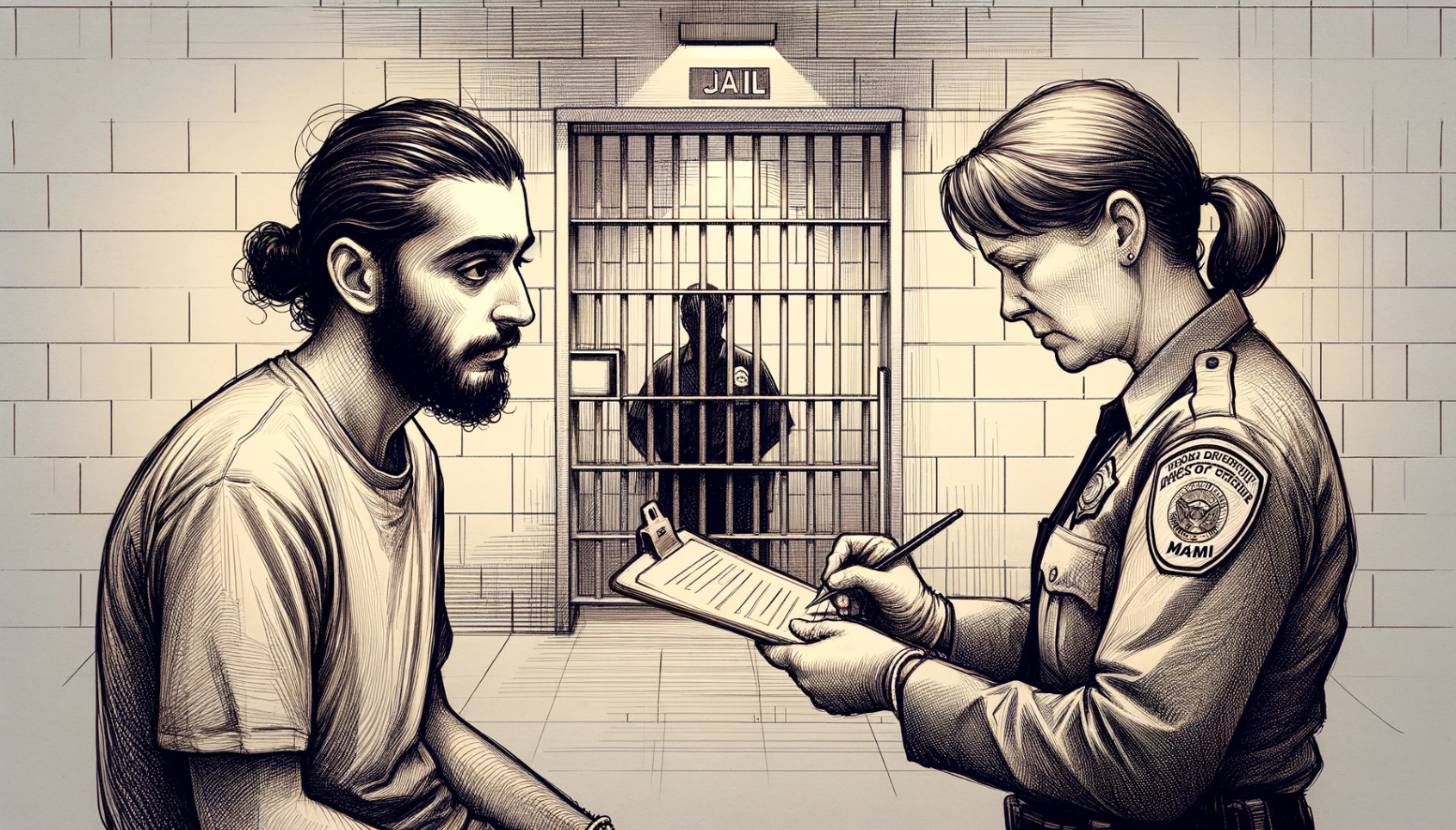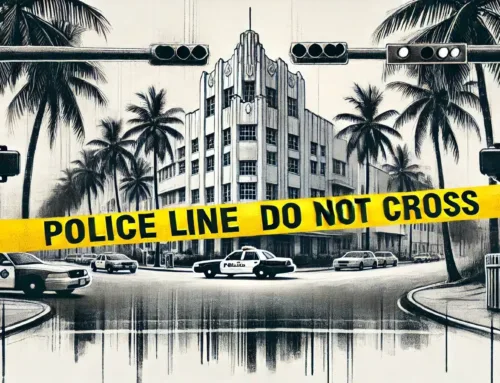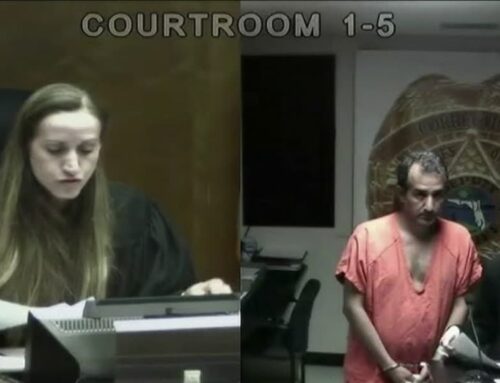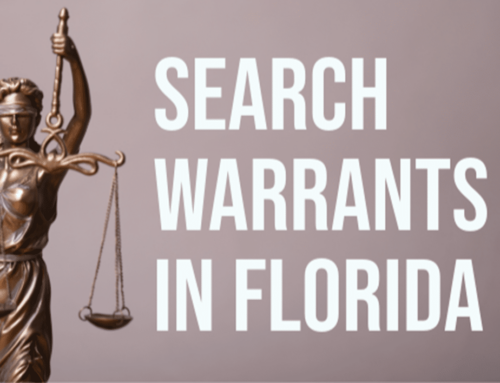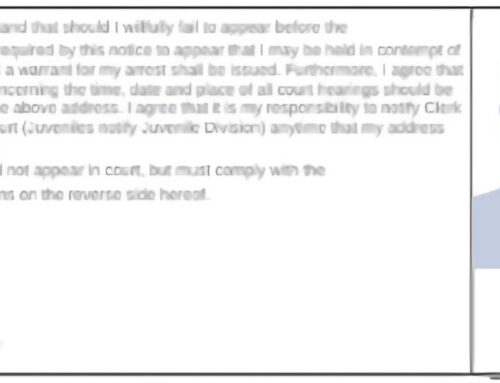Arrest Searches in Miami: What You Need to Know
Understanding Arrests and Arrest Searches in Miami
Living in a major metropolitan area like Miami comes with many advantages but also some potential downsides. With a population of over 2.7 million in Miami-Dade County alone, arrests happen regularly as law enforcement works to keep the public safe. However, arrests can be traumatic events for those involved and lead to serious legal consequences.
If you or someone you know has been arrested in Miami, having access to arrest records and information can be crucial. Below, I’ll explain the basics of arrests and arrest searches in Miami, including how and where to find key information that may impact your criminal case.
Arrests by Miami-Dade Police and Other Agencies
The first thing to understand is that multiple law enforcement agencies make arrests within Miami and the surrounding areas. The largest is the Miami-Dade Police Department, which patrols unincorporated areas plus has specialized units for traffic enforcement, public transit, airports, seaports, and schools.
Other agencies include municipal police departments in cities like Miami, Miami Beach, Coral Gables, and Hialeah, along with federal agencies like the FBI, DEA, ATF, and Homeland Security Investigations. University police at schools like FIU and the University of Miami also make arrests.
Miami-Dade County Arrest Search Systems
For arrests made by either the Miami-Dade Police Department or municipal police departments within Miami-Dade County, there are two main public databases to search:
- Miami-Dade County Criminal Justice Online System: This database from the county clerk’s office provides information on current arrests and charges, inmate status, upcoming court dates, case events, and more. It’s searchable by first and last name.
- Miami-Dade Corrections and Rehabilitation Inmate Search: The county jail system has an online database where you can search by inmate name or ID number to find booking status, release date if no longer in custody, and basic case info.
These systems can provide arrest details, current case status, and clues about next steps. However, certified criminal history reports may still need to be requested from the Florida Dept. of Law Enforcement.
When a Miami Arrest Doesn’t Show Up
Don’t panic if you cannot locate arrest information through the sources mentioned above. There are a few possible reasons:
- Sealed or expunged records – Arrests can potentially be removed from public view if ordered sealed or expunged by a judge. This is most common with charges that were dropped or dismissed.
- Federal case – For arrests by federal agencies like the FBI or DEA, booking would occur under the federal system rather than Miami-Dade County. Check systems like the U.S. Bureau of Prisons inmate locator.
- Delayed entry – It can sometimes take days for an arrest to be processed and fully show up in public databases. Try searching again after waiting a few hours.
- Incorrect name – Small spelling errors or name variations may prevent records from matching up in a search. Try alternate spellings or combinations.
Understanding the Arrest Process in Miami
Knowing where to find arrest details is crucial, but understanding the arrest process itself and the associated timeline can also make a big difference in your criminal case. Here are some key phases:
- Booking: At arrest, the individual is photographed and fingerprinted, and basic information is gathered. Typically, they are then held at the county jail.
- First appearance: Within 48 hours, the defendant appears before a judge who will determine if there was valid probable cause for the arrest. The judge will also notify the defendant of the charges against them and set a bond.
- Filing of formal charges: The prosecutor files the formal charging document, either an “information” or an indictment from a grand jury. This outlines the exact charges being brought against the defendant.
- Arraignment: The defendant appears in court again and enters a plea to the charges (guilty, not guilty, no contest). Dates for further hearings are determined.
How quickly an arrestee is released from custody depends on whether they can post bond and their ability to retain legal counsel. Those who cannot afford bail or a lawyer often remain in jail for longer periods awaiting resolution.
Finding a Miami Criminal Defense Attorney
If you or a loved one has been arrested in Miami, having an experienced local criminal defense attorney is critical. You need someone on your side to protect your rights and defend you. Don’t go it alone.
My firm understands how sensitive arrest situations are for clients and families. We fight aggressively for our clients while treating each person with dignity and compassion. Contact us today for a free case evaluation if you’ve been arrested. An arrest is difficult, but it’s not the end. There are options ahead.
CALL US NOW for a CONFIDENTIAL INITIAL CONSULTATION at (305) 538-4545, or take a moment to fill out our confidential and secure intake form.* The additional details you provide will greatly assist us in responding to your inquiry.
*Due to the large number of people who contact our law office requesting our assistance, it is strongly suggested that you take the time to provide us with specific details regarding your case by filling out our confidential and secure intake form. The additional details you provide will greatly assist us in responding to your inquiry promptly and appropriately.
THERE ARE THOUSANDS OF LAW FIRMS AND ATTORNEYS IN SOUTH FLORIDA. ALWAYS INVESTIGATE A LAWYER’S QUALIFICATIONS AND EXPERIENCE BEFORE MAKING A DECISION ON HIRING A CRIMINAL DEFENSE ATTORNEY ATTORNEY FOR YOUR MIAMI-DADE COUNTY CASE




